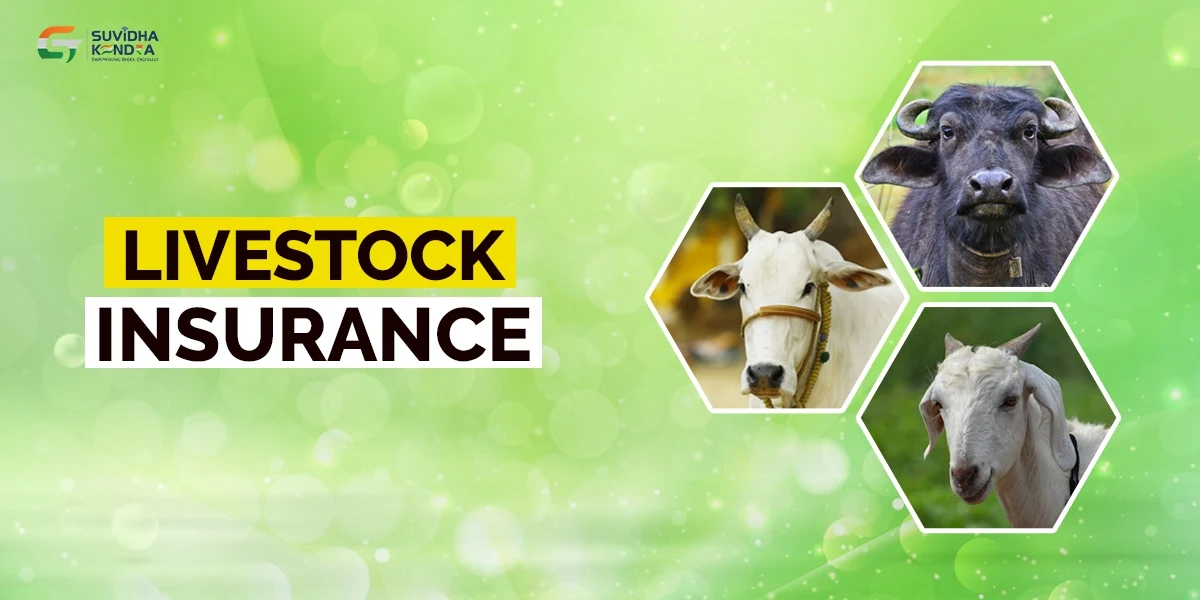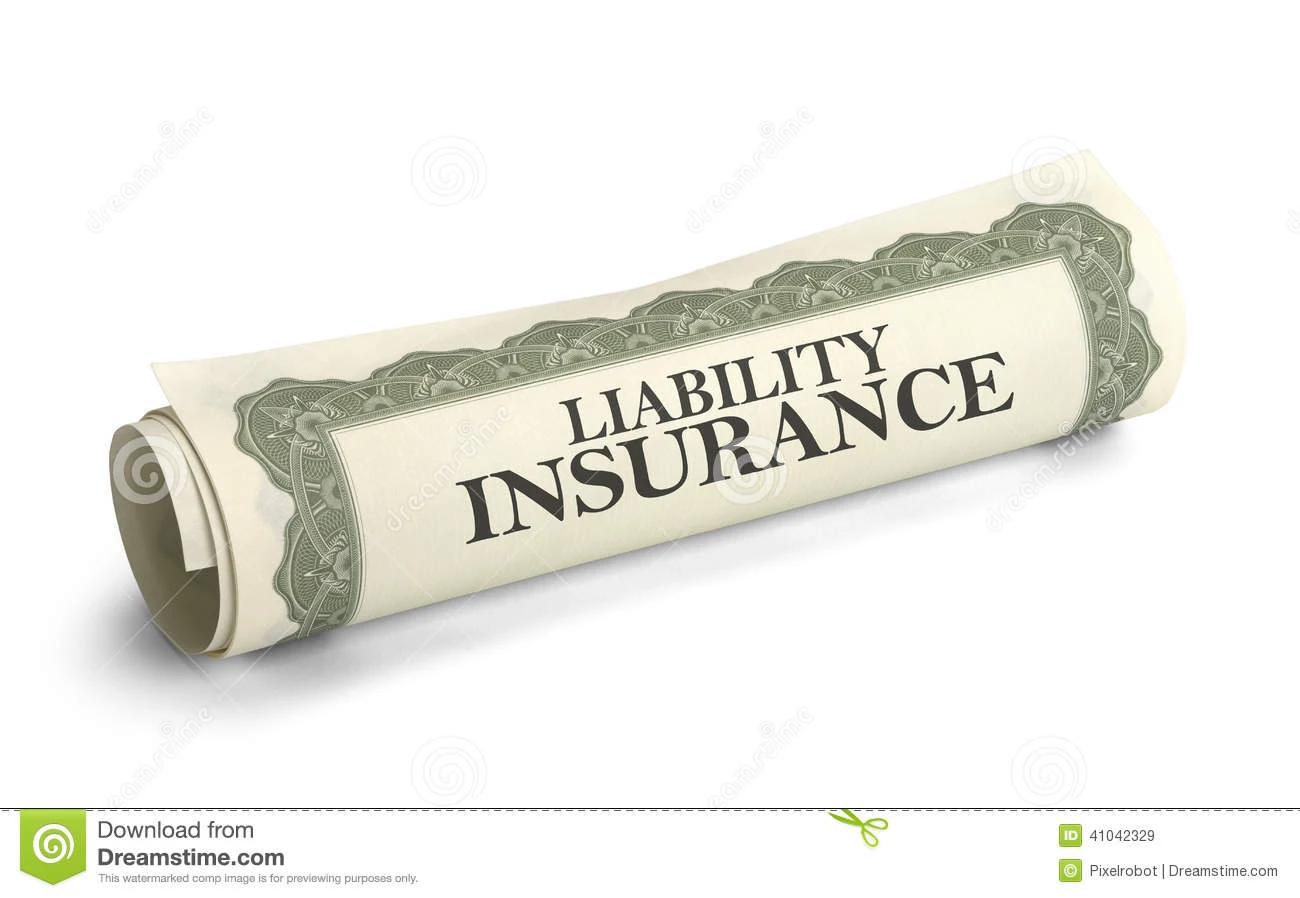https://share.bitget.com/u/Y2N48KGA Bitget Exchange: Crypto Trading Ka Future, Aaj Hi Apnao! Agar aap crypto world mein naye ho ya ek experienced trader hain, ek trusted aur powerful platform ki zarurat sabko hoti hai. Aaj hum baat kar rahe hain Bitget Exchange ki – ek aisa naam jo aaj ke time mein crypto duniya mein tez raftar se apna dum dikha raha hai. Kya Hai Bitget? Bitget ek global cryptocurrency exchange hai jiska main focus hai secure, fast, aur user-friendly trading services provide karna. Bitget ne apne powerful features aur reliable ecosystem ki wajah se duniya bhar ke millions users ka trust jeeta hai. Aaj Bitget 100+ countries mein apni services offer karta hai, aur har din naye traders is platform se jud rahe hain. Bitget Ka Khud Ka Token: BGB (Bitget Token) Bitget ka apna native token BGB hai, jiska use Bitget ecosystem mein kai tarah se hota hai: Trading Fee Discount : BGB holders ko milta hai trading fees par zabardast discount. Launchpad Access : Sirf...
Farmers insurance kno
Farmers insurance is a type of insurance policy that provides coverage to farmers for a variety of risks and potential losses associated with their farming operations.
Farmers insurance policies may include coverage for the following:
1.Crop insurance: This type of insurance provides protection to farmers against crop losses due to natural disasters, such as droughts, floods, or storms.
2.Livestock insurance: This type of insurance provides protection to farmers against losses due to disease, theft, or death of their livestock.
3.Property insurance: This type of insurance provides protection to farmers against losses or damage to their buildings, equipment, and machinery.
4.Liability insurance: This type of insurance provides protection to farmers against legal claims or lawsuits resulting from accidents or injuries that occur on their property.
5.Business interruption insurance: This type of insurance provides protection to farmers against losses of income or business interruption caused by natural disasters or other events.
Farmers insurance policies can be customized to fit the specific needs of individual farmers and their operations. It is important for farmers to carefully consider their risks and insurance needs to ensure that they are adequately covered in the event of a loss.
1.Crop insurance
Crop insurance is a type of insurance policy that provides protection to farmers against losses in crop yields and revenue due to natural disasters, such as droughts, floods, hailstorms, and other perils. Crop insurance policies are designed to help farmers manage the risks associated with crop production, and to provide them with some financial protection in the event of crop failures or yield losses.
Crop insurance policies are offered by both private insurers and the government, and they are available to farmers who grow crops such as corn, soybeans, wheat, cotton, and others. The coverage and benefits of crop insurance policies may vary depending on the type of policy and the specific needs of the farmer.
There are several types of crop insurance policies, including:
1:1.Yield-based policies: These policies provide coverage based on the farmer's expected crop yield, and may offer protection against losses due to weather-related events or other factors that reduce the yield.
1:2.Revenue-based policies: These policies provide coverage based on the farmer's expected revenue from the crop, and may offer protection against losses due to price fluctuations or other factors that reduce the revenue.
1:3.Whole-farm policies: These policies provide coverage for multiple crops and farming activities, and are designed to protect the overall financial health of the farm.
Crop insurance policies may also offer additional benefits, such as replanting coverage, prevented planting coverage, and coverage for post-harvest losses. Farmers should carefully evaluate their crop insurance needs and options to ensure that they have the appropriate coverage to protect their crops and their livelihoods.
2.Livestock insurance
Livestock insurance is a type of insurance policy that provides protection to farmers and ranchers against the risks associated with raising and caring for livestock. Livestock insurance policies may provide coverage for a variety of perils, such as disease outbreaks, accidents, natural disasters, theft, and other risks that can cause financial losses to livestock owners.
Livestock insurance policies may cover a variety of different types of livestock, including cattle, horses, sheep, goats, and others. The coverage and benefits of these policies may vary depending on the type of policy and the specific needs of the livestock owner.
Some of the most common types of livestock insurance policies include:
2:1.Mortality insurance: This type of insurance provides coverage for the death of a specific animal due to accidental or natural causes, such as illness or injury.
2:2.Loss of use insurance:This type of insurance provides coverage for the loss of use of an animal due to injury or illness, which may result in the animal being unable to perform its intended function, such as a working animal.
Livestock insurance policies may also offer additional benefits, such as coverage for theft or the cost of emergency veterinary care. Livestock owners should carefully evaluate their insurance needs and options to ensure that they have the appropriate coverage to protect their animals and their livelihoods.
3.Property insurance
Property insurance is a type of insurance that provides coverage for damage or loss to physical property, such as a home, business, or personal belongings. Property insurance can protect against a wide range of risks, including fire, theft, vandalism, and weather-related events, such as storms or floods.
The coverage provided by a property insurance policy may vary depending on the type of property being insured and the specific policy terms. For example, a homeowners' insurance policy may provide coverage for the structure of the home, personal belongings, and liability for injuries that occur on the property, while a commercial property insurance policy may provide coverage for the building, inventory, equipment, and business interruption.
Property insurance policies typically have a limit to the amount of coverage provided, and may require a deductible, which is the amount the policyholder must pay before the insurance coverage kicks in. The premium, or the amount the policyholder pays for the insurance coverage, will depend on the level of coverage needed, the deductible amount, and the risk factors associated with the property.
Property insurance can provide peace of mind and financial protection against unexpected events that can cause significant damage or loss. Property owners should carefully evaluate their insurance needs and options to ensure that they have the appropriate coverage to protect their property and assets.
4.Liability insurance
Liability insurance is a type of insurance that provides protection against claims for damages or injuries caused by the policyholder. Liability insurance can be purchased by individuals or businesses and is designed to protect the policyholder against financial losses resulting from legal claims or lawsuits.
Liability insurance policies may cover a wide range of risks, including bodily injury, property damage, and personal or advertising injury. For example, a business owner may purchase general liability insurance to protect against claims for injuries or property damage caused by the business's products or services, or a homeowner may purchase liability insurance to protect against claims for injuries that occur on their property.
The coverage provided by a liability insurance policy may vary depending on the specific policy terms and the level of coverage purchased. Liability insurance policies typically have a limit to the amount of coverage provided, and may require a deductible or out-of-pocket payment by the policyholder.
Liability insurance can provide peace of mind and financial protection against unexpected events that can cause significant damage or loss. Individuals and businesses should carefully evaluate their insurance needs and options to ensure that they have the appropriate coverage to protect against liability risks. This may involve assessing potential risks, working with a trusted insurance agent or broker to design a policy that meets their specific needs, and regularly reviewing and updating coverage to ensure that it remains adequate over time.
5.Business interruption insurance
Business interruption insurance is a type of insurance that provides coverage for losses incurred by a business when it is unable to operate normally due to an unexpected event. Business interruption insurance can provide protection against a wide range of events, including natural disasters, fires, and other unexpected events that can disrupt business operations.
The coverage provided by a business interruption insurance policy may vary depending on the specific policy terms and the level of coverage purchased. Business interruption insurance policies may provide coverage for lost income, ongoing expenses, and additional costs associated with restarting or relocating the business.
Business interruption insurance policies may also have a waiting period, which is the amount of time that must elapse before coverage begins, as well as a limit to the amount of coverage provided.
Business interruption insurance can provide peace of mind and financial protection against unexpected events that can cause significant damage or loss to a business. Business owners should carefully evaluate their insurance needs and options to ensure that they have the appropriate coverage to protect against interruption risks. This may involve assessing potential risks, working with a trusted insurance agent or broker to design a policy that meets their specific needs, and regularly reviewing and updating coverage to ensure that it remains adequate over time.






Comments
Post a Comment
Plz Dont use any offensive language in this comment section..